30 Eduleaders weathering covid tsunami
The world’s longest lockdown of schools is likely to prove disastrous for the learning outcomes of over 100 million children. However the silver lining of the grim pandemic storm is that a small minority of education leaders have succeeded in devising creative responses, writes Dilip Thakore & Summiya Yasmeen

Out-of-school children: most prolonged education institutions lockdown worldwide
The order of the BJP/NDA government at the Centre formalised on March 25, 2020 directing closure of campuses of all education institutions from preschools to university for over 15 months and counting, to prevent transmission of the deadly novel Coronavirus which has taken a toll of 4 million lives worldwide and 400,000 in India, has severely disrupted Indian education and inflicted as yet uncalculated damage to teaching-learning across the education continuum. Although all countries around the world except Sweden also shuttered their education institutions to safeguard children from being infected by this highly contagious virus, it is pertinent to note that the duration of India’s lockdown of 57 weeks is the longest worldwide, except for neighbouring Myanmar and Nepal. Reputed organisations such as Unesco and Unicef among others are issuing alarming reports of millions of children in India, deprived of Internet connectivity and digital learning devices, dropping out of schools and colleges and prematurely joining the workforce, being forced into early marriages, falling prey to child traffickers and prostitution.
In the rarefied environs of Lutyens’ Delhi where the Central government is floundering in a sea of troubles, and after two years of masterly inactivity under Hindi pulp fiction writer Dr. Ramesh Pokhriyal ‘Nishank’, who was belatedly sacked in the Union cabinet reshuffle of July 7, and new education minister Dharmendra Pradhan is finding his bearings, there seems little concern that over 66 percent of India’s 260 million school children have not received any meaningful education for 16 months. Ditto in the education ministries of the country’s 28 state governments and nine Union territories (education is a concurrent subject of the Constitution) where the major preoccupation of education ministries seems to be slashing private school fees to placate the subsidies-addicted middle class and driving private schools struggling to provide online classes, into bankruptcy.
In Shastri Bhavan (which houses the Union education ministry) and state governments, the assumption seems to be that by acts of God and through one-way lectures delivered by untrained teachers on television screens, children are learning enough to get by. The dominant sentiment is that political risk of children contracting the virus is too high and could cost ruling parties votes in future elections. Warnings by Unesco, Unicef and other reports that children trailing behind by a year or more in primary education are unlikely to recover lost ground and will suffer 10-15 percent income loss in adulthood, don’t seem to bother politicians or educrats. They have kept schools shut with scant respect for the advice of epidemiologists and academics who advocate cautious reopening of schools to protect the future careers and livelihoods of children.
According to the Annual Status of Education Report (October 2020) of the nationally respected Pratham Education Foundation, only one-third of India’s 260 million school children are availing online education, of whom a mere 11 percent in private and government schools were attending online classes (in October 2020) with 21.5 percent learning through videos and recorded lessons. A mere 8.1 percent of children in rural government schools were attending online classes. Eight months on after the devastating second wave of the pandemic (March-April), the data is certain to be more depressing.
“India’s 57-week closure of all education institutions and schools in particular, is likely to prove disastrous for the learning outcomes of millions of children. School education should have been designated a frontline activity and decentralised with committees of local government officials, principals and parents being empowered to reopen schools with adequate safety protocols. The Central government should immediately issue guidelines to this effect. Even before the pandemic, ASER surveys indicated that more than 50 percent of classes V-VII children in rural schools couldn’t read and comprehend class II-III textbooks or solve age-appropriate math sums. When formal in-person classes resume, an additional 30-40 percent will have fallen behind. This will make things very difficult for teachers when in-person classes resume,” warns Kavita Anand, founder-director of Adhyayan Quality Education Services Ltd (estb.2011), a consultancy that has aided and advised 400 schools to improve leadership and institutional governance.
However, the silver lining of the grim Covid tsunami that has devastated industry, trade and the economy of the country, is that a small minority of education leaders have succeeded in devising creative responses to the challenges posed by the pandemic which has contracted the nation’s GDP by an unprecedented 8 percent in fiscal 2020-21.
Inevitably, the best response to the education disruption caused by the Covid crisis has come from the country’s private institutions that are relatively well-funded and promoted by unwarrantedly maligned edupreneurs, who despite official discouragement have established globally-benchmarked schools, colleges and universities. In the lexicon of inorganic neta-babu socialism which free India foolishly embraced after independence from foreign rule seven decades ago, education institutions even if established by philanthropists and edupreneurs driven by the spirit of enlightened self-interest, are necessarily exploitative, and engaged in “commercialisation of education,” a deadly sin in the eyes of comfortably tenured academics and arm-chair critics.
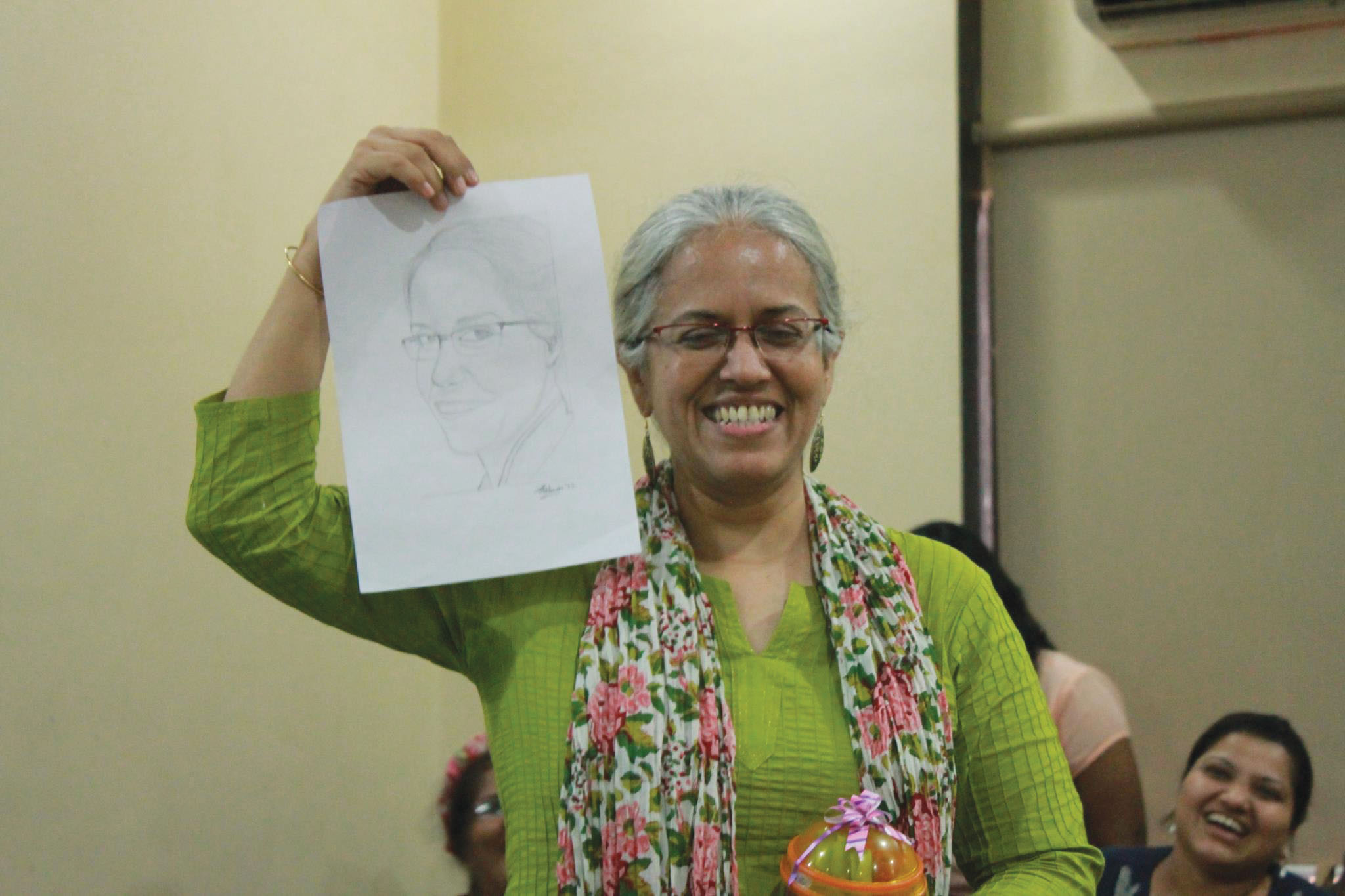
Anand: decentralisation demand
However, despite official discouragement, private education institutions have multiplied steadily post-independence, because of strong public demand. Currently, India’s 450,000 private schools host 47.5 percent of the country’s 260 million in-school children, and privately promoted colleges and universities mentor 70 percent of the 37 million youth in higher education. It is no exaggeration to state that the overwhelming majority within India’s middle class which drives the economy, has been privately educated.
Against this backdrop of unprecedented disruption of education and low learning during the past 16 months lockdown of all education institutions, in this issue of EducationWorld, we have beamed a searchlight on a few of the minority of education leaders who have responded creatively to the pandemic threat and ensured learning continuity for their students. Although the majority of them head top-ranked private institutions, leaders of affordable budget private, government free-of-charge schools, and colleges/universities have also been included in our unprecedented cover story feature.
We hope that their challenge-and-response stories and institution management insights on ways and means to maintain — and perhaps enhance — learning continuity will inspire and inform educationists across the country to keep the light of learning alive in these tempestuous pandemic times.
With Inputs from Reshma Ravishanker, Paromita Sengupta, Baishali Mukherjee & Dipta Joshi
Also Read: 2030: Will India recover its lost education momentum?





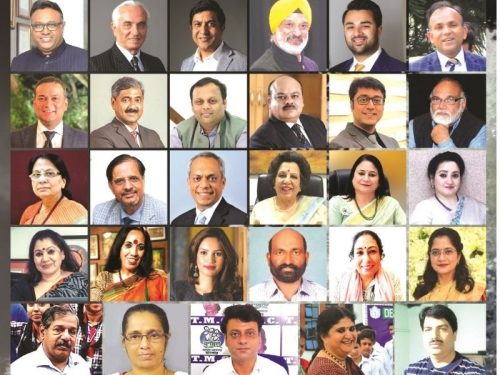












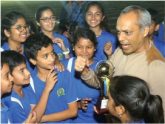






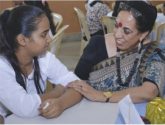
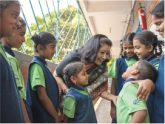


















Add comment